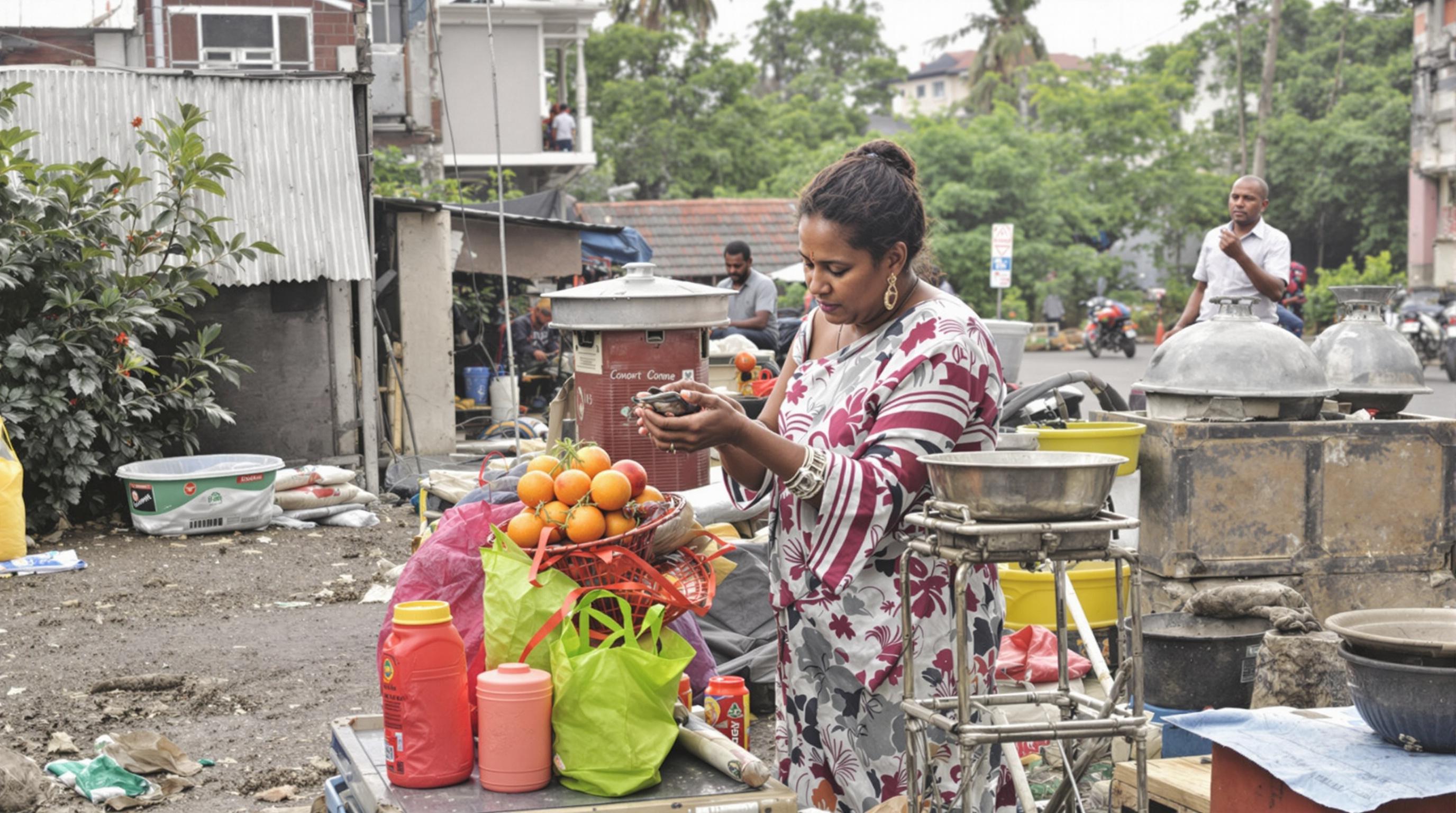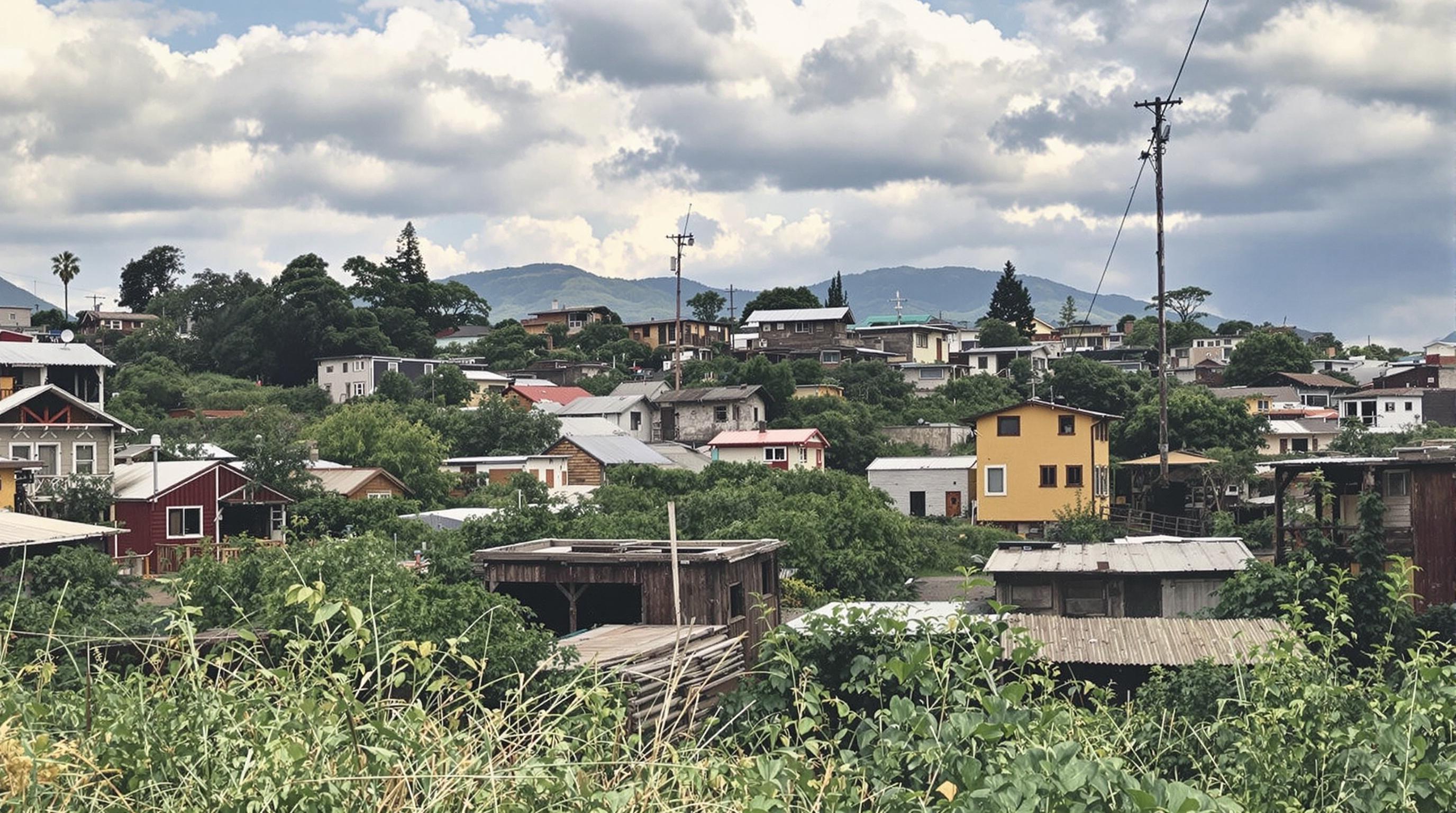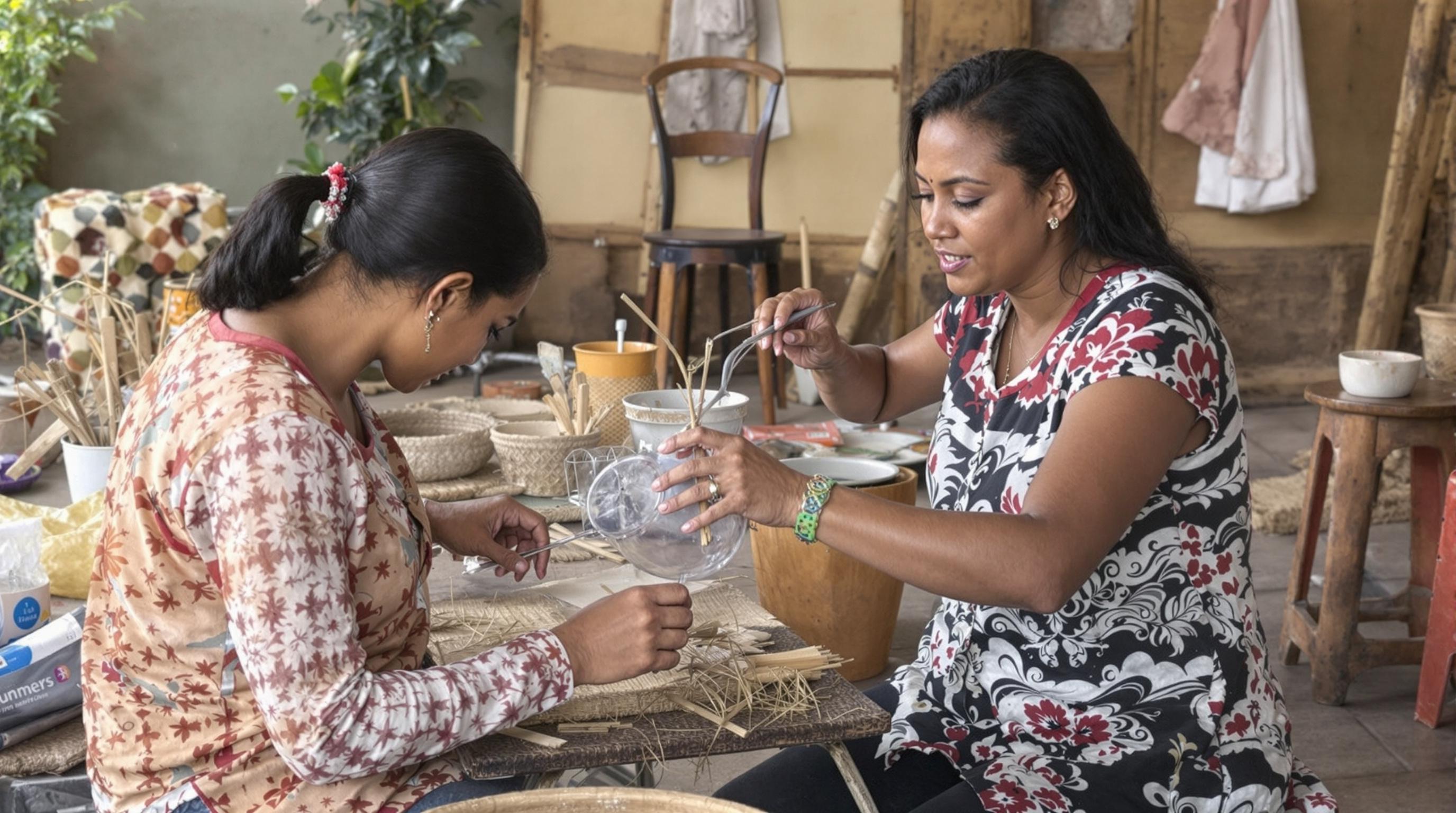Related Articles
- Invisible Threads: How Cultural Heritage Fuels Economic Growth in Off-the-Radar Communities
- How Unconventional Hobbies Can Boost Your Income: Exploring Unlikely Paths to Financial Enlightenment
- Uncommon Currents: How Waterways and Navigation Shaped Unexpected Economic Trajectories in Historical Contexts
- Whispers of Change: The Unlikely Role of Folklore in Crafting Today’s Privacy Policies and Data Protection Laws
- Surreal Shifts: The Unforeseen Role of Psychedelic Wellness in Global Consumer Preferences
- Unveiling the Financial Folly: How Conspiracy Theories Influence Market Behavior and Investor Sentiment
Unseen Forces: The Role of Informal Networks in Navigating Economic Uncertainty in Developing Societies
Unseen Forces: The Role of Informal Networks in Navigating Economic Uncertainty in Developing Societies
In the midst of economic uncertainty, informal networks serve as crucial lifelines for individuals in developing societies, revealing the unseen forces that facilitate resilience and adaptability. This article examines how these networks function, their implications for economic stability, and the stories of individuals who have thrived against the odds, all while navigating through the complexities of their environments.
The Invisible Hand of Informal Networks
When we think of economic systems, we often picture formal institutions like banks, stock exchanges, and government policies. However, informal networks — the connections we maintain with family, friends, neighbors, and acquaintances — encompass the real fabric of community resilience, particularly in developing nations. According to a World Bank report, informal networks can account for as much as 80% of employment in countries with high unemployment rates. That’s a staggering statistic that speaks volumes about the inherent power of community.
A Personal Anecdote
Let me tell you about Amina, a 34-year-old woman living in a small village in Kenya. When her husband lost his job during the pandemic, the couple faced a financial crisis. But instead of succumbing to despair, Amina leaned into her informal network. She called upon relatives, friends, and her church community to help get through the tough times. They helped her start a small vegetable stall, pooling their resources and creativity to make it thrive. Amina’s story is not unique; it highlights a universal theme in many developing societies—community effort in the face of adversity.
Types of Informal Networks
Informal networks can take many forms. Social networks often become strong support systems — think of people forming groups around shared interests, goals, or hardships. Economic networks can also emerge, where individuals barter services, share resources like tools, or exchange labor, effectively creating a mini-economy outside of formal markets. For example, in urban slums of Mumbai, residents often rely on communal food-sharing initiatives to cope with fluctuating food prices.
Economic Lockdowns and Community Resilience
The COVID-19 pandemic ushered in a new era of economic uncertainty, greatly impacting developing nations. Surprisingly, individuals who had robust informal networks fared better during lockdowns. In a survey conducted by the United Nations, 30% of respondents in low-income countries reported turning to friends and family for financial support when faced with job losses, showcasing the role of mutual aid during crises.
Building Trust and Social Capital
At the heart of these informal networks lies trust — a compass guiding their interactions. Many communities boast social capital that thrives on relationships cultivated over years and sometimes generations. A study from the Institute of Development Studies revealed that communities with higher levels of social capital experienced less volatility during economic downturns and showed a stronger recovery trajectory. This trust builds resilience; it’s not just a buzzword — it’s an asset.
The Ripple Effect of Informal Networks
Consider this: a benefit of informal networks is that they transcend geographical boundaries. For instance, diaspora communities often send remittances back home, providing crucial financial support to family members and, by extension, boosting local economies. In 2021, it was reported that remittances to low- and middle-income countries reached an unprecedented $540 billion, reaffirming the vital importance of global networks.
The Role of Technology
Enter the digital realm. The advent of smartphones has revolutionized informal networks, allowing individuals to maintain connections that span continents. Social media platforms and messaging apps enable quick communication and coordination of resources, providing informal economies with a much-needed boost. In a study by Pew Research Center, 85% of people in developing nations reported using mobile technology to assist in their day-to-day economic activities.
Challenges and Limitations
Of course, it’s vital to acknowledge that informal networks face challenges. Issues such as gender inequality, cultural norms, and social stratification can hinder some from accessing these valuable networks. A report by UN Women highlighted that women often have less access to informal networks in patriarchal societies, limiting their economic opportunities. Therefore, promoting inclusive networks is pivotal for overall economic resilience.
Policy Implications
It’s easy for policymakers to overlook the importance of informal networks in economic planning. Let’s be honest: how many economic models account for the immense value of social capital? We need to advocate for policies that recognize and bolster these networks, rather than simply focusing on formal institutions. Research conducted by the International Labour Organization has shown that integrating informal sectors into formal economic frameworks can result in increased productivity and job creation, benefiting society as a whole.
Learning from the Innovators
One shining example comes from Brazil, where community-driven initiatives have empowered local entrepreneurs. Uniting informal business owners through cooperatives, the government provided training and resources to those often excluded from traditional markets. The results? A 30% increase in household income within just a few years. Here’s the lesson: informal networks are more than just a safety net; they are the leading edge of economic innovation in developing societies.
Cultural Narratives and Storytelling
Storytelling is another potent tool alongside informal networks. Many communities use cultural narratives, such as folklore and traditions, to educate and unite members on economic matters: sharing knowledge about saving or budgeting in ways that resonate with people's lived experiences. In South Africa, traditional healers do not just treat physical ailments; they also serve as counselors, providing emotional support that fosters community stability during tough times.
The Big Picture
Bringing all these threads together, it becomes clear that informal networks embody the unseen forces driving economic resilience in developing societies. They are an extension of human connection that responds organically to challenges, thereby creating sustainable livelihoods where formal economies may falter. The interplay between social dynamics and economic activities forms a complex web that demands recognition, understanding, and appreciation.
Final Thoughts
From kinship bonds that create small business opportunities to digital connections that fund the next generation’s education, informal networks are the lifeblood of communities facing economic uncertainty. It is incumbent upon researchers, policymakers, and communities themselves to embrace the power of these networks. After all, when we weave the threads of community together, we not only build resilience — we create a tapestry of hope and innovation that can weather any storm.
As we continue to navigate through ever-changing economic landscapes, let’s remember Amina’s story and countless others like it. While they may not always make the headlines, these individuals and their networks define the essence of adaptability, proving that sometimes, it’s the unseen forces that lead to the most remarkable economic journeys.




